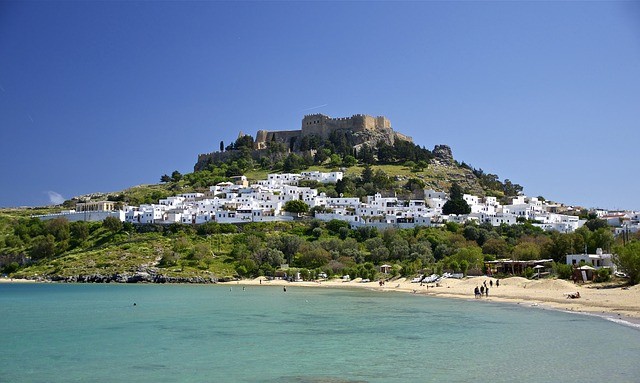
A new report recently published states that global warming is turning the Mediterranean climate hotter, and climate change may be having negative impacts on agriculture and tourism in this region.
The latest case study released by consulting firm McKinsey and Company regarding climate risk has focused on the area of the Mediterranean and its economy and communities. It published its results on its website, entitled: "A Mediterranean basin without a Mediterranean climate?" showing global warming's possible consequences for living and working in this area.
The Mediterranean is the name of a sea found near Europe. A total of 23 countries comprise the region that is officially known as the Mediterranean. This sea serves as the division between Africa's northern border and Europe's southernmost countries. The countries that compose the Mediterranean region include Spain, France, Italy, Portugal, and Greece in the north; Libya, Egypt, Algeria, Tunisia, and Morocco in the south; and Syria, Turkey, Israel, and Lebanon in the east.
Author and McKinsey Sustainability Practice partner Hauke Engel said that in 30 years, many areas in the Mediterranean would experience an average of half-a-year droughts, including its agricultural lands. Hot days that are not conducive to beach holidays are also expected to increase, threatening the region's tourist industry. Days with temperatures over 37ºC are expected to double in Turkey, the northern part of Africa, and the southern part of Spain.
The authors chose the Mediterranean area for the report due to the area's susceptibility to extreme weather occurrences. It is among the areas with the highest risk of climate change. The authors say that more droughts will be felt in Portugal, Italy, Spain, Turkey, and Greece. The Iberian Peninsula will experience more wildfires. Spain, Greece, and Morocco will experience severe water stress. The spread of diseases will increase. Agriculture, specifically wine production, may decline. It will likely be the end of the Mediterranean's signature climate.
Climate change may threaten hundreds of millions in the population as well as affect the economy with losses in the trillions of dollars. Engel says the challenge now is to integrate climate change as a significant factor in making decisions, creating mindsets, setting operating models, and other processes. He says that every key policy and the business decision has to be considered in the context of climate change.
According to climate science, only a zero net emission of greenhouse gases will stop future hazards in the environment. In the short term, adaptation should be on the list of urgent priorities. There can be a profit in agriculture through innovations like cooling shelters and crops that are resistant to droughts. It is also worth noting that investing in renewables generates more jobs than investing in fossil fuels.
According to Engel, environmental action also makes a good impact because it reduces further climate risk, which directly hurt economies. He reiterates that emission reduction does not necessarily mean the loss of economic gains. There are a lot of green investments that can create jobs and promote economic growth as effectively or even better than environmentally harmful or neutral investments can.
© 2026 NatureWorldNews.com All rights reserved. Do not reproduce without permission.





